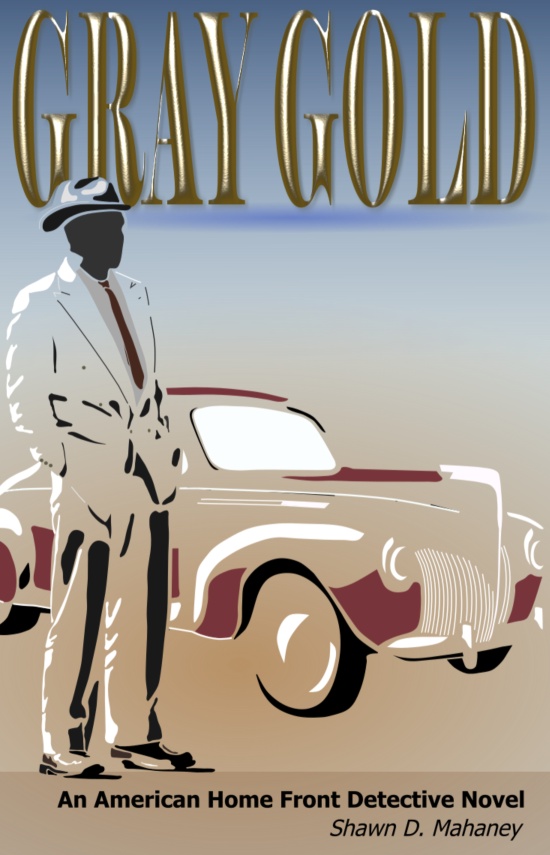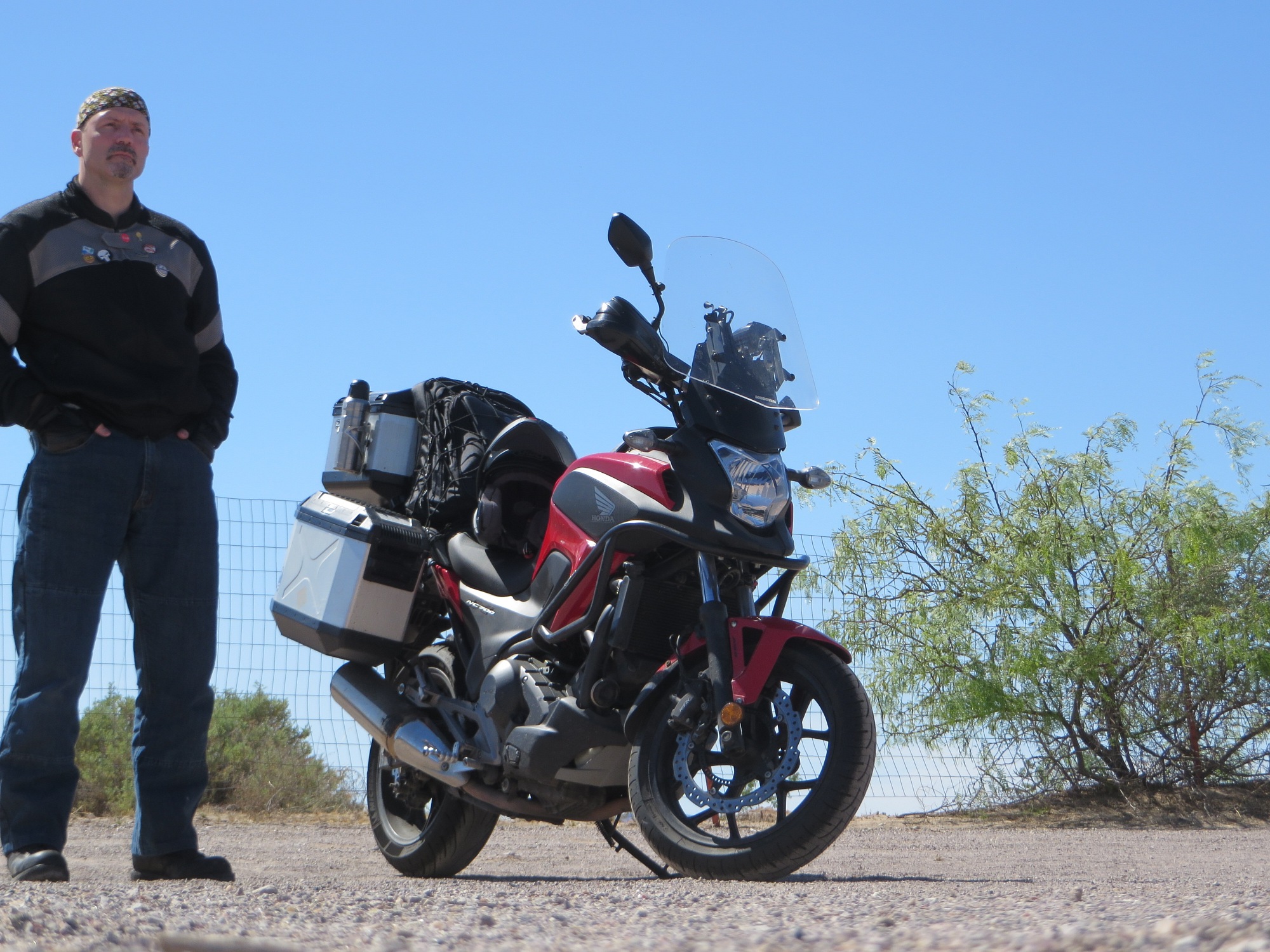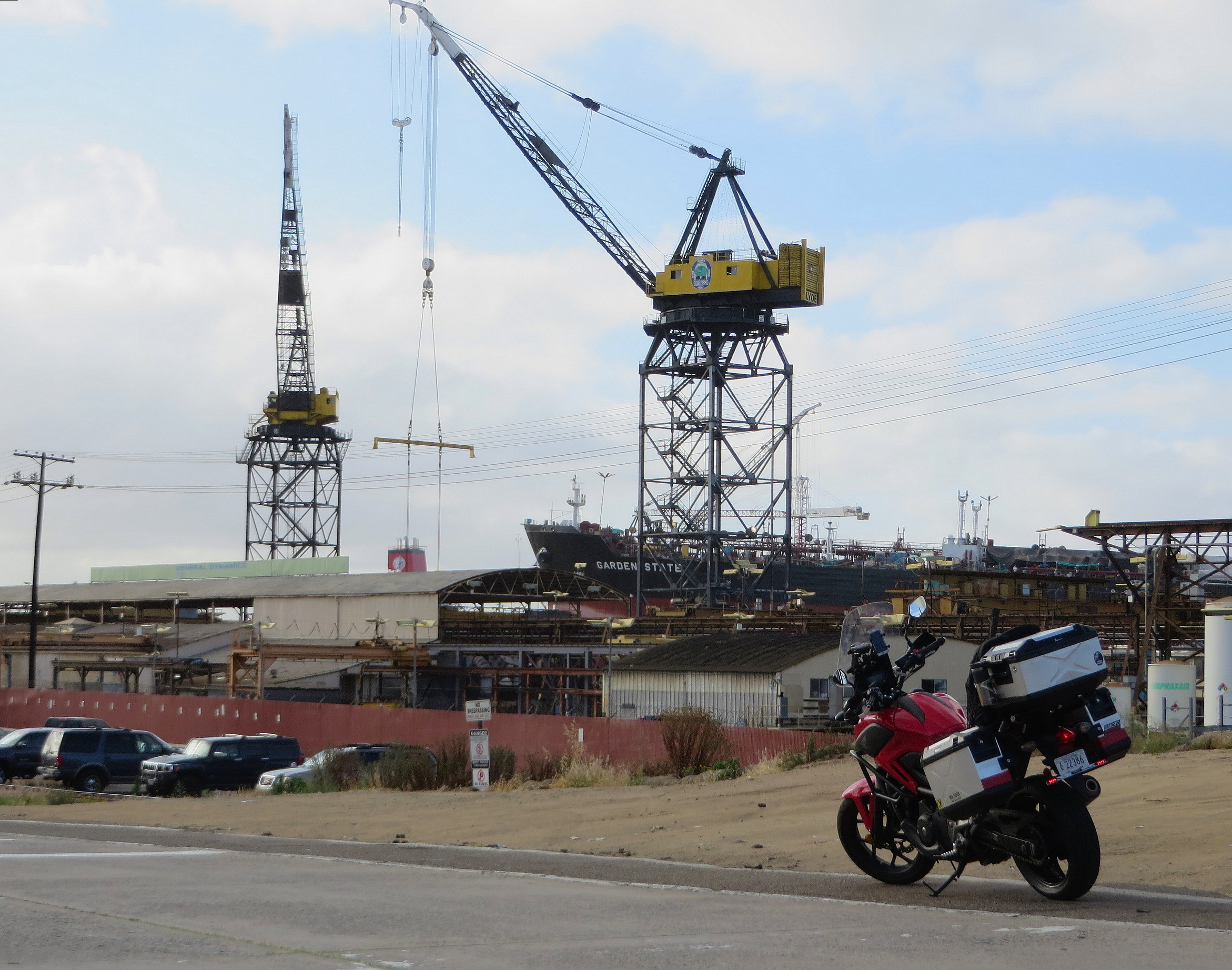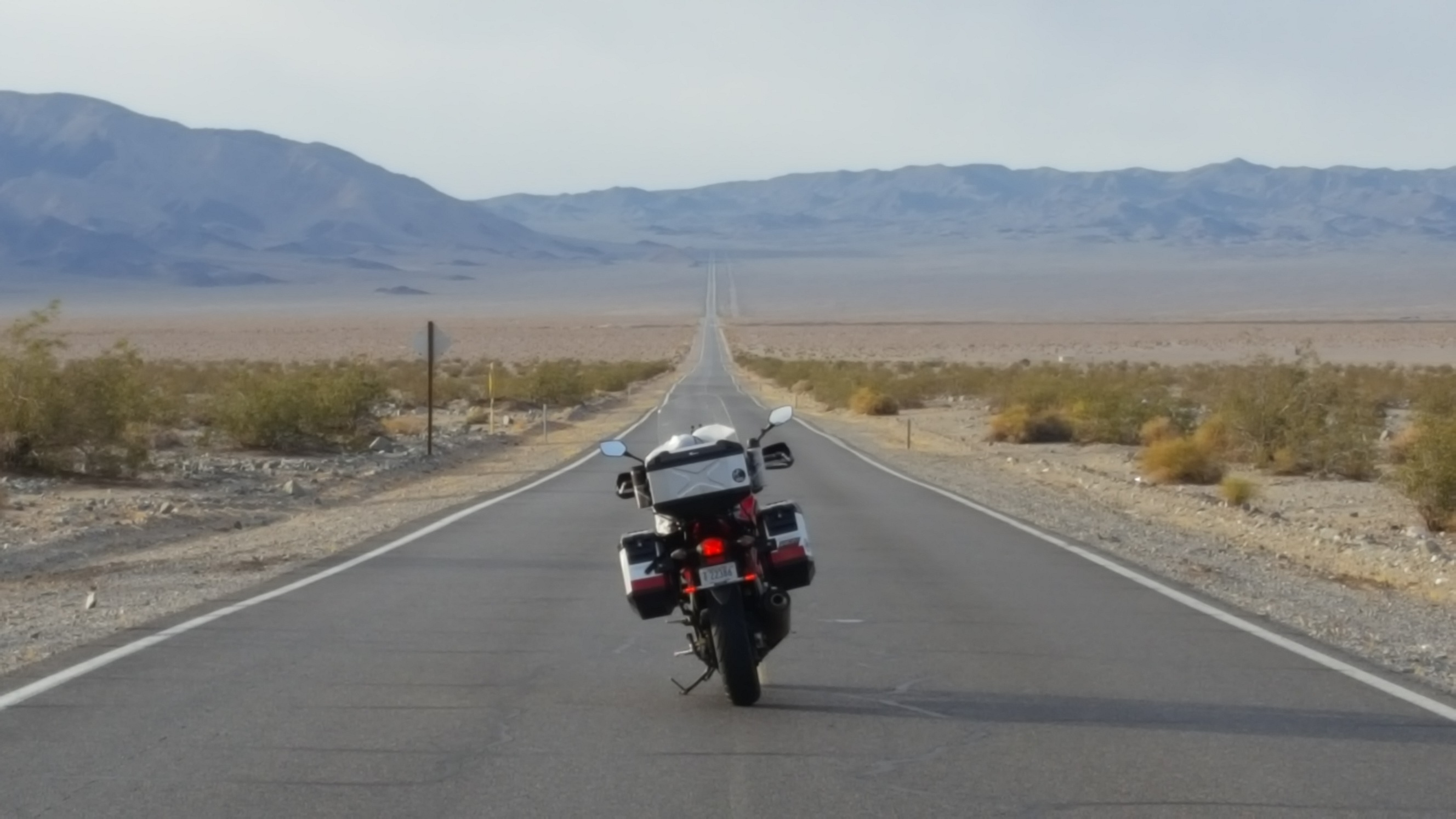[cross-posted from riverratsc.wordpress.com]
Lately we are reading the last book from Alistair Cooke, which is also one of his first. “The American Home Front” was completed as a manuscript in 1946, based on Cooke’s road trip around The USA in late 1941 through 1942. It was rediscovered just before his (timely) death in 2004 and published in 2006. This charming anachronistic gleaming gem is of great interest to the Bureau of the Impertinently Inane, as much of his tour neatly parallels a research trip planned by one of our associates for forthcoming material.
Cooke faced a dilemma, one faced by any diligent earnest long-serving writer. If, in previous writing, one has given up all the most grand, magnanimous, and superlative adjectives to something remarkable, and then met its superior… well then what?
“There is a special disadvantage that weighs on anyone living in America who would try to describe what the Greeks coolly labeled ‘sublime’. Our addiction to grandiose adjectives makes grandeur ultimately indescribable. In reading most pieces of American writing on the war, whether it is a statistical summary of airplane production or a color piece on migrant labor, the reader’s admiration is staked out for him by the recurrent adjectives: vast, huge, enormous, tremendous magnificent, immense, and the like. If you have already pinned the word ‘magnificent’ on the mountain country of the East, on the Green Mountains, say, or the Appalachians, what words are left to describe the Rockies, the High Sierras, the Coast Range, the Cascades, and the Bitterroots? There is a more elemental difficulty over nouns we share with England, the nouns that describe the simple configuration of the earth at our doorstep. A ‘big tree’ in England would be a copper beech, in Texas it might be a healthy cottonwood. What simple noun and adjective shall we use, then, to celebrate Sequoia sempervirens? Something Miltonic is demanded, but even if the supply of Miltons were not strictly limited, Milton used his epic vocabulary on the hills and lakes of pretty Italy and on fantasies he would have been shocked to see as the actualities of the Carlsbad Caverns (the natural setting for the Inferno), the Grand Canyon, Zion, Bryce, the Great American Desert, and the shaggy forests of the Northwest.”
But the immutable inestimable skillful Cooke does not leave the reader in intractable dank hapless despair – he has a way out. As a veteran writer, he always has another duplicitous rhetorical device. Instead of painting the scene literally with adjectives, he brings the reader through an evocative experience which draws up similar emotions:
“The Bitterroots are, then, not to be described, at least not by me. I can merely say that once again the innumerable spires of great firs, and the solemn hush of entering a high world of impenetrable evergreens, gave me the sense of coming out of a pressing world of little facts into a cathedral.”
In the current context, we will call his writing “good”. Also, as a firm solid rule going forward we will not use more than two adjectives at once.
[p.s. Since we know you’re thinking of it, ]








![]()









